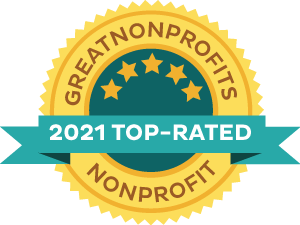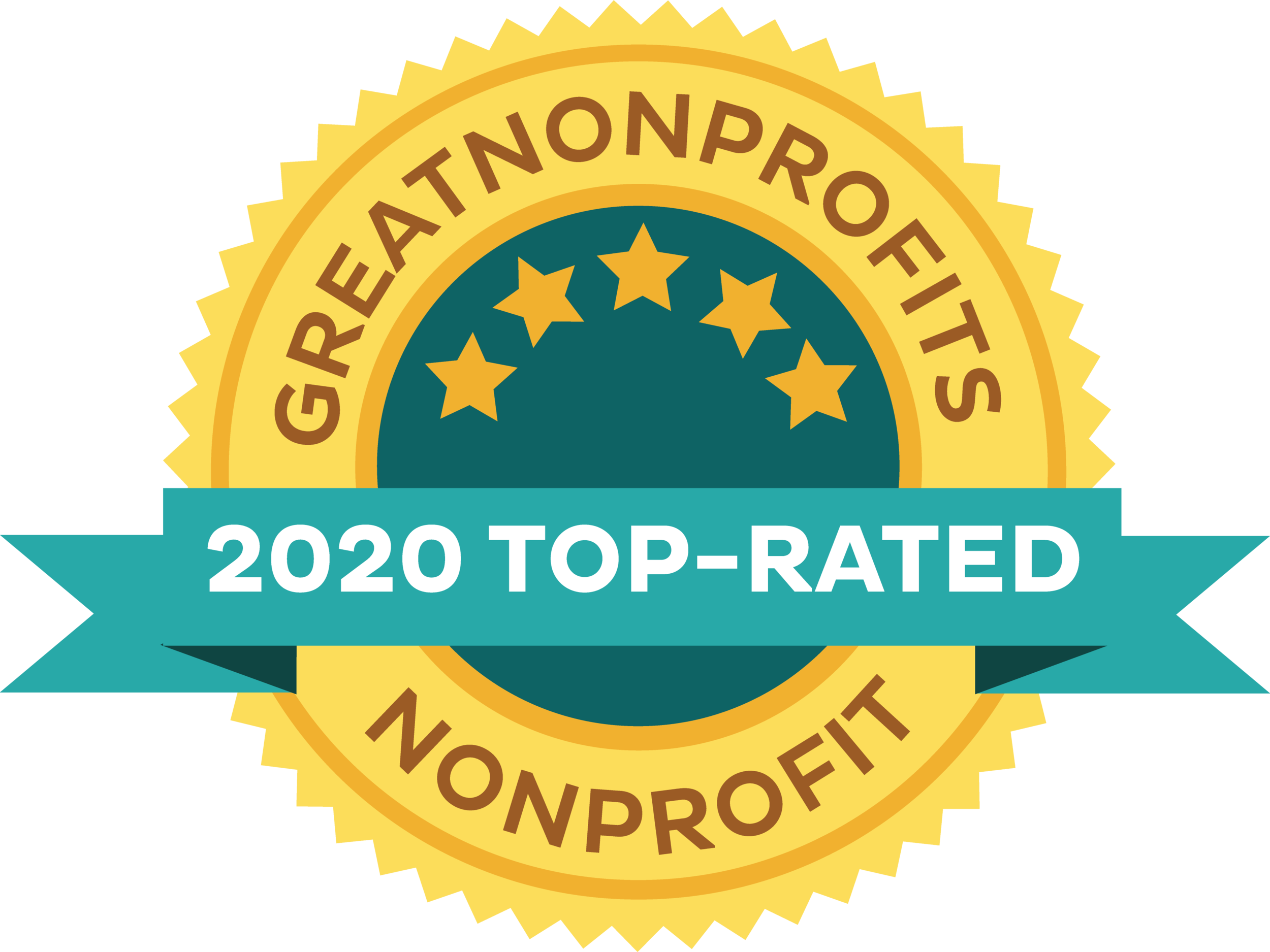How Phases Will Help Women Reclaim Their Lives
Note – ANY person trying to achieve a long-term behavior change is going to ‘slip’ as they move through different phases of wellness; we know this and we’ll expect it. It’s not a relapse, it’s a slip to a previous phase and a time for even greater learning. That’s why we want to be there - to provide long-term, ongoing, motivational support.
“It takes as long as it takes.”
“If she WALKS AWAY from the people who are helping her, she needs them to greet her RETURNS as SUCCESSES instead of seeing her DEPARTURES as FAILURES.”
Assessment –
It’s time for a new opportunity. She may not be ready yet to start a new healthy behavior but we’ll provide the freedom and the time for healing for her to find out. We’ll provide her basic needs; shelter, safety, meals, and we’ll see that she has group based therapies. This is a time to stop worrying about survival and a time to ‘just be’.
She’ll learn about human trafficking and suffer with her realizations. She has to decide, is she going to stay, or run?
Freedom –
She’s staying (for now). She’s willing to look at the pros and cons of her continued action and will begin individual counseling.
She’s regulated her sleeping and eating patterns and other life skills will come more into focus. She’ll be preoccupied with household dynamics and trying to understand who she is, and who she is in relation to everyone else. More comprehensive case management can take place. This is a time we can encourage spiritual exploration and growth.
HOPE –
She’s…staying? It’s time to put her toe into the water. She’s willing to consider the possibility of change, which means she’s willing to hope. She wants to learn more and it’s time to think more about the future and less about the past. This is a lot harder to do than it sounds, and there will be increased academic and vocational commitment, but it’s also a lot of fun! Her schedule will have greater autonomy and she’ll have more independence. This is when she’ll dig in and explore through different mediums and she’ll engage in activities she never would have tried before, with a greater emphasis on personal exploration and safe risk-taking. This is a time when our support will be steadfast and when she acts, but fails, we’ll be there to help her better prepare for next time.
She’s both reluctant and desirous of doing the deep trauma work she needs to in order to heal – this will include grief counseling, for people she may have lost in her life and for the life she didn’t get to have. By the end of this phase she’s ready to take action and will have found her voice to advocate for herself.
Restoration –
It’s time to go ‘all in’! She’s been practicing and sustaining her positive behavior for a minimum of 6 or so months. She’s made more specific goals and is working her action plan with autonomy. She’s put in the work to recognize her stressors and now she needs to work on avoiding them and resisting her urge to slip back. Hopefully, by now she’s begun to trust us and we are here to reinforce her positive choices and cheer her on. This is also an exciting time because it’s a time for her to begin, slowly, to take on the responsibilities of a job in the outside world (with guidance and help) and a chance to integrate more with the community. Our job of providing case management shifts to one of life coaching.
Graduation!
Phase 5…wellness is the norm! It’s not a time to push her out of the nest, it’s a time to celebrate and hopefully, we’ll have worked as hard as she has and we’ll have a second home – this one for transitional housing.
Although she needs to have self-accountability for sobriety, employment, and finances…our vision is for her to see us as a place of community and ongoing support. And, though control has shifted from our program to the survivor, our hope is that she would still want to be involved with Sparrow Place be a guide and adviser. She has value, and hopefully, she feels it!
Reference: The Transtheoretical Model of behavior change; Changing for Good (1994) Changeology (2012) Changing to Thrive (2016) James O. Prochaska | John C. Norcross | Carlo C. DiClemente








